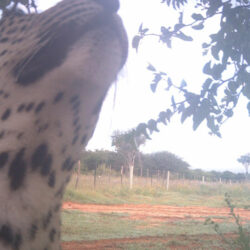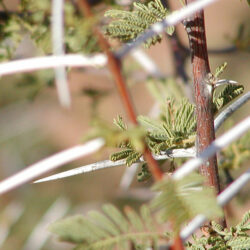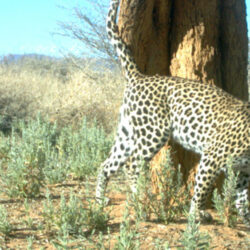Growing 400 Moringa Trees at CCF
-

- by David Shipingana April 6, 2017
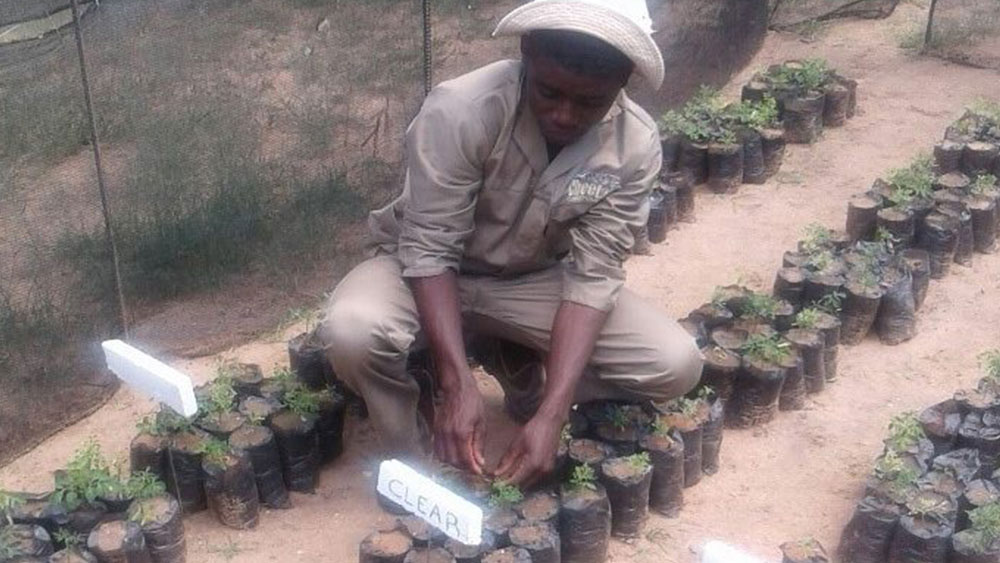
I’m carrying out a research project titled “Investigating the impacts associated with bush harvesting towards soil properties”, using a bioassay method. I am planting 400 Moringa trees here at CCF, of which one group (200) is grown in soil from a bush harvested area and others in soil from a non-harvested area. I will perform closer observations on the emergence rate of trees soon after planting them, their growth rate, the quality as well as their survival rate. I will then have to analyze the data, do comparisons and figure out whether the harvesting of bushes impacts the soil properties, based up on how these plants are growing in these two different soil types.
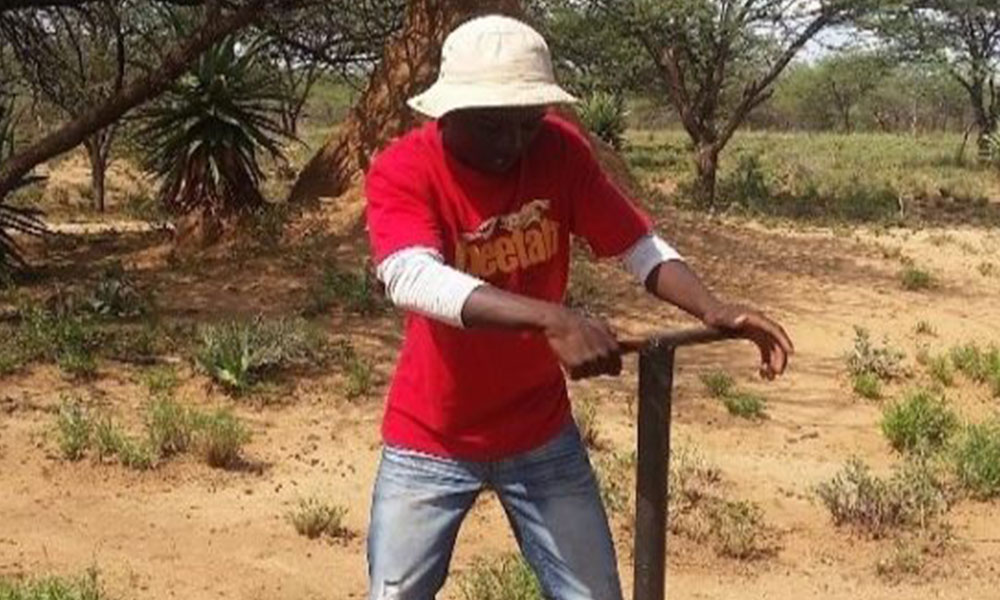
Doing this project at CCF is a great opportunity for me as well as the Centre itself. It is a great way of finding out whether the system of harvesting bush benefits the soil content quality and allows the farmland to continue being good for pasture set up to feed livestock adequately. Management of this task is also balancing the biodiversity on CCF farmland. This means that proper management of the bush areas can keep game animals living in populated areas. It sets a good conservation example to any other farmers who also want to have better biodiversity around their farms.
This opportunity is good for me as I am able to express my theoretical knowledge in a practical way. I learned a lot in school about rangeland deterioration from human activities that slow down the soil quality level. Through observing the difference in growth of these Moringa trees, I’m now getting to see most of the changes associated with the soil when it gets disturbed by means of clearance. This is very helpful to me that it gives me more understanding and deeper knowledge land management for sustainable agriculture practice which is my main career goal. I consider this to be my most enjoyable task since it will always keep me busy to do further research on how habitat restoration can be practiced while still favoring pasture establishment on a particular piece of land.

